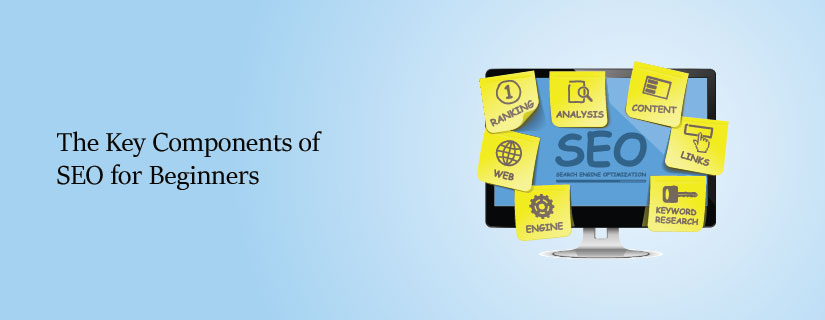Boost Your Rankings with Semantic SEO
In the world of SEO, fast-paced does not even begin to describe it. Keyword research, backlinks, on-page optimization-these are topics that dominate the focus and sometimes distract from the most important goal: rankings and traffic. However, as this continues to evolve with the latest iterations of Google, they only seem to get smarter and more intuitive in understanding intent. So, what does this mean? How do you make sure you can continue standing out during all the changing? Enter the stage Semantic SEO.
What is Semantic SEO?
Semantic SEO refers to the process of optimizing content in a manner other than targeting only individual keywords. It’s really about how the search engine should understand the words in your content and the underlying intent, rather than relating only to the actual topic. Instead of just ranking for an exact set of specific keywords, semantic SEO lets you rank for a cluster of related topics and phrases, thus making it possible to cover an entire subject area of interest.
Why is Semantic SEO Important?
- Your Content Ranks Higher : Comprehensive coverage with regard to full context in topics, together with the usage of related keywords and phrases, enriches the content. More likely to rank on the higher ends of a Google search are people whose contents present the comprehensive understanding of the topic in question.
- Rankings for More Keywords : Semantic SEO allows you to target a whole range of relevant keywords instead of trying to rank for a single keyword. This way, your potential to appear for a much wider variety of related search queries increases, which means you have a higher chance of organic visibility.
- Send Quality Signals to Google : Google is looking for the most relevant and complete possible answer to a user’s query. Optimizing your content semantically sends the right signals to Google about the kind of valuable and rich information that your page is serving, which should help it rank better.
- Content Shows Up in People Also Ask (PAA) : With Semantic SEO, the more likely it is that your page will feature in Google’s “People Also Ask” box. The chances are higher of showing up if your content explores various aspects of a topic and answers related questions.
- Visitors Stay on Your Website Longer : Since users are likely to engage more with your page if you provide more comprehensive content relevant to their contexts, this will automatically reduce the bounce rates and increase the
How to Find Semantic Keywords
- Bold words in SERP results : Look for the words in search results that are often bolded- these words and phrases can show you which specific terms Google considers to be strongly associated with that query, or semantic keywords for your content to include.
- Google Trends : Google Trends is a powerful tool that can track what is in demand in your niche. This can help you understand trending topics and related keywords for optimization purposes in content.
- People Also Ask (PAA) : The “People Also Ask” section provides a treasure trove of related questions that users are posing. These are usually question-posed and can guide the content you create to talk to many facets of a topic.
- Related Searches in Google : At the bottom of Google’s search results are “related searches,” which represent alternative topics a user might find relevant. One can use those in order to increase the relevance and scope of keywords and incorporate broader semantic meanings into the research strategy
- Topic Modeling : With these topic modeling tools, you could be able to know the basic topics and all related subtopics that your content should have. Topic modeling will create a grouping of terms or keywords, therefore providing a summary view of your targeted subject matter.
Incorporate semantic SEO in your plan of action—it’s no longer an option for any business wishing to remain at the top game today. Targeting user intent through comprehensive content that targets hundreds and thousands of relevant keywords gives your content real value, higher ranks, and most importantly relevance both to your target audience and to search engines, which are good for your long-term goals of organic traffic and results.
Enquiry
Recent Updates
- 12 February 2025
- 12 February 2025
- 12 February 2025
- 12 February 2025
- 12 February 2025
- 12 February 2025







